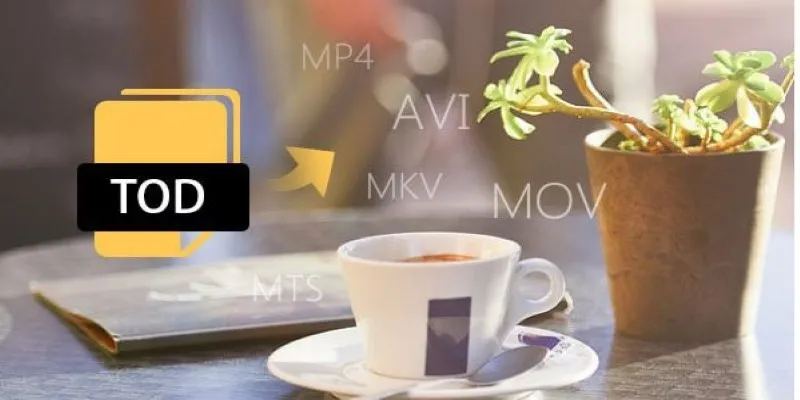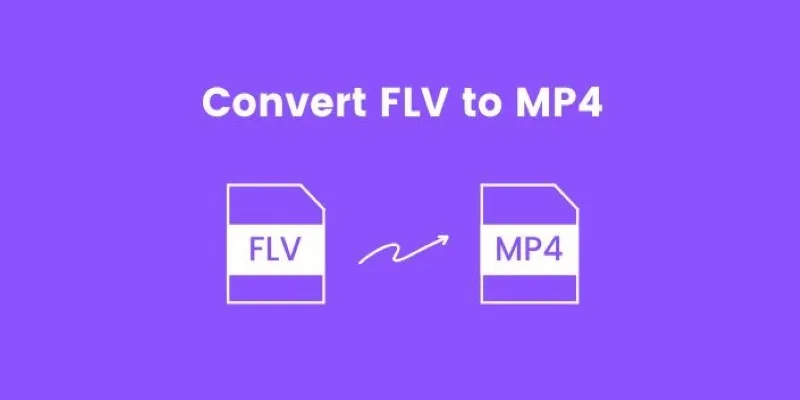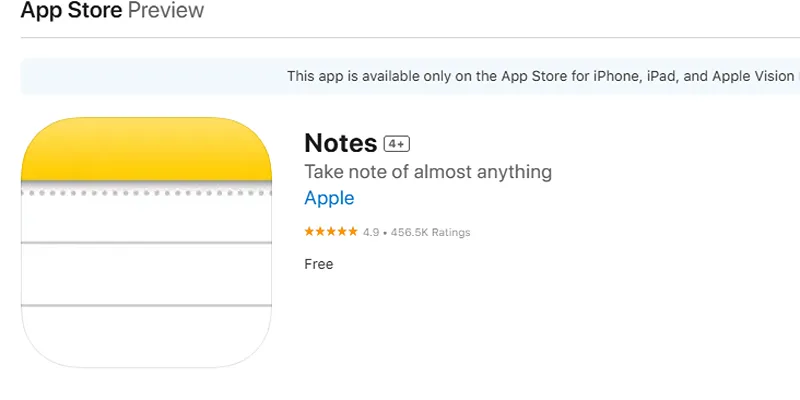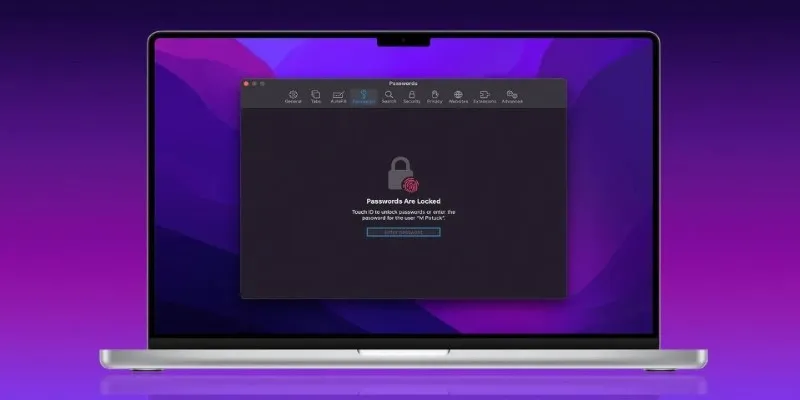Best Text-to-Speech Converter Tools You Should Know in 2025
Text-to-speech (TTS) technology has revolutionized the consumption of digital content by making voice generation accessible and efficient. Whether it’s powering virtual assistants, automating audiobook narration, or enhancing accessibility, the right TTS engine can create an immersive audio experience.
The market today offers various TTS solutions, but only a few meet the high standards of lifelike speech, customization, and seamless integration that modern users demand. This guide exclusively focuses on the top-performing TTS converters that lead the industry with advanced voice modeling, multilingual support, and robust API access.
Top Text-to-Speech Converters Leading the Industry in 2025
Text-to-speech technology has advanced dramatically, offering human-like speech synthesis for content creators, developers, and enterprises. Below are the most powerful and reliable TTS tools shaping the market today, each with its strengths depending on your use case—from natural voice cloning to real- time multilingual support.
1. ElevenLabs
Currently leading the text-to-speech space, ElevenLabs sets the gold standard in voice synthesis. Its neural engine delivers stunningly realistic speech output that closely mimics natural human cadence and expression. The platform allows users to create unique voices through cloning, control emotion, and tweak speech characteristics in fine detail.
It supports a wide variety of languages and provides seamless API integration for developers building TTS into web and mobile applications. Voice quality remains consistently high, even in long-form content.
2. Cloud Text-to-Speech
Cloud TTS solution combines deep learning with broad language coverage and voice variation. The use of WaveNet voices gives it a natural flow and rhythm, though the expressiveness is somewhat less dynamic compared to ElevenLabs. It is particularly strong in enterprise and developer environments due to its scalable infrastructure and reliable latency.
Support for SSML, custom lexicons, and speech tuning ensures granular control over pronunciation and pacing. For multilingual applications and cloud-native deployments, it remains a solid option.
3. Amazon Polly

As part of AWS, Amazon Polly offers a robust TTS engine with decent naturalness and real-time synthesis. It features both standard and neural voices and supports over 30 languages. While it may not lead in expressive realism, Polly is a highly scalable choice suitable for developers needing reliable and customizable speech services.
Its support for SSML, speech marks, and asynchronous synthesis allows for detailed voice control and analysis.
4. Azure Text to Speech
Azure Text to Speech service is part of its Cognitive Services and offers natural-sounding neural voices with high-quality pronunciation and multilingual support. One of its advantages is seamless integration with the Microsoft ecosystem and real-time speech generation optimized for cloud and edge applications.
The platform supports voice tuning using SSML and allows for voice customization. It serves a wide range of use cases, from accessibility tools to dynamic voice-enabled applications in business environments.
5. Play.ht
Play.ht stands out for its user-centric interface and quality voice output, especially for content creators and marketing professionals. It features a growing library of neural voices in multiple languages and includes editing tools to fine-tune tone, pace, and pitch.
It provides both browser-based tools and API access, making it suitable for individuals creating podcasts, voiceovers, and articles. Though not as technically deep as other platforms, its ease of use and focus on creative outputs make it a favorite for creators.
6. Overdub
Aimed at media professionals, Overdub is part of the Descript platform and is best known for creating custom voices that can replicate a speaker’s tone and style. It works within a broader audio and video editing environment, offering seamless TTS alongside recording, editing, and transcription.
It’s particularly suited for producing podcasts, e-learning content, and voice revisions without re-recording. Though more niche than general-purpose TTS engines, its quality and editing integration give it a competitive edge for content teams.
7. WellSaid Labs
WellSaid Labs is focused on delivering ultra-realistic voice synthesis for professional applications. It offers a limited but highly polished set of voices, all optimized for commercial production. Emphasis is placed on performance in corporate videos, e-learning modules, and interactive media.
Its voice output is consistent, expressive, and suitable for polished, brand- aligned voiceovers. While it lacks broad language support, its API and user interface are designed for ease of use in professional workflows.
8. iSpeech
iSpeech is a flexible TTS tool known for supporting multiple file formats, real-time streaming, and voice commands. It offers both free and enterprise- level plans and is particularly popular for embedding voices in mobile apps and web experiences.
Its mobile SDKs for iOS and Android make it a great choice for developers, while its simple API ensures easy deployment for basic voice needs.
9. Resemble AI

Resemble AI offers voice cloning with real-time editing capabilities, giving users the power to create synthetic voices tailored to their needs. Its standout feature is dynamic voice synthesis, allowing users to adjust emotion and pitch on the fly.
Used widely in gaming, advertising, and virtual assistant development, Resemble AI is pushing boundaries in voice realism and emotional nuance.
10. Murf AI
Murf AI is a fast-rising TTS platform built specifically for business and creative professionals who need studio-quality voiceovers without hiring a voice actor. It offers a wide range of realistic voices, easy editing tools, and background music integration within a single interface.
Its intuitive platform allows users to control pauses, emphasis, and pronunciation, making it ideal for explainer videos, corporate training, and marketing content. With collaborative tools and commercial usage rights included, Murf AI is quickly becoming a go-to solution for teams producing high-quality audio content in-house.
Conclusion
Selecting the best text-to-speech converter depends on your priorities—whether it’s hyper-realistic voice quality, fast API integration, multilingual flexibility, or creative content production. Among all platforms, ElevenLabs currently leads with its unmatched realism, customization options, and versatile use cases across industries.
However, platforms like Google Cloud TTS, Amazon Polly, and Microsoft Azure offer strong, scalable options for developers and enterprises, while Play.ht, Overdub, and WellSaid Labs cater more to content creators and media professionals.
Related Articles

The 8 Best To-Do List Apps for Android in 2025

8 Best To-Do List Apps for Mac in 2025

How to Easily Convert AVI to MOV Using 4 Reliable Tools

MPEG to MP3 Conversion Made Easy: A Complete Guide

How to Convert MPEG to WAV: A Step-By-Step Guide

How to Easily Convert AVI to MOV Using 4 Reliable Tools

5 Simple Ways to Convert FLV Files to MOV Format on Windows

How to Easily Convert JVC TOD to MP4, MOV, or AVI: A Step-by-Step Guide

How to Convert FLV to MP4 for Free: Top Tools and Easy Methods

Top 9 Apps to Effortlessly Add Text to Your Videos in No Time

Easy Ways to Automatically Upload Zoom Recordings to Google Drive

From Video to Audio: 10 Top MP4 to MP3 Converters in 2025
Popular Articles

Apple Notes Review: How It Stacks Up Against Rivals

Top 5 Ways to Do Keyword Research Using Keywords Everywhere to Boost Traffic

A Guide: How to Add Additional User Profile Fields in WordPress Registration

Step-by-Step Guide to Reversing Videos on Android Easily

Best OBS Alternatives for Low-End PCs & High-End Production

Uptime Monitoring With Better Stack

How to Design Social Media Graphics in Buffer Using Canva: A Step-By-Step Guide

Best Password Managers for Safari and macOS

How to Make Any Video iPod-Compatible on Windows and Mac

What is a Cache? Understanding Its Role and Benefits of Clearing It

How to Make a Flickr Slideshow with Music

 mww2
mww2